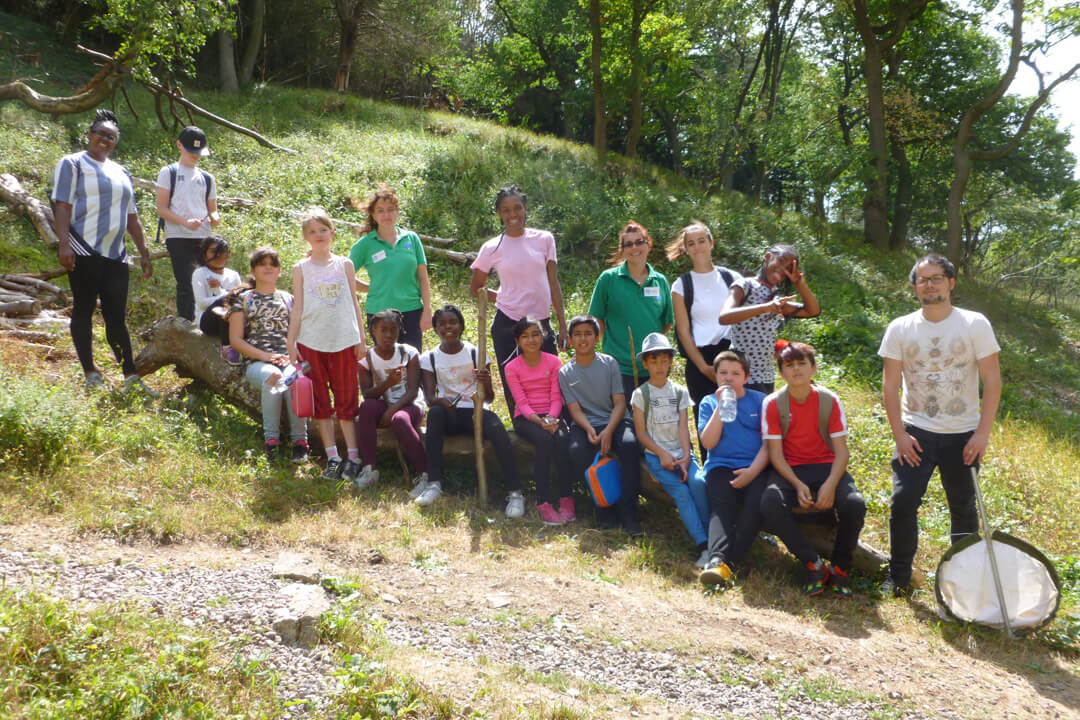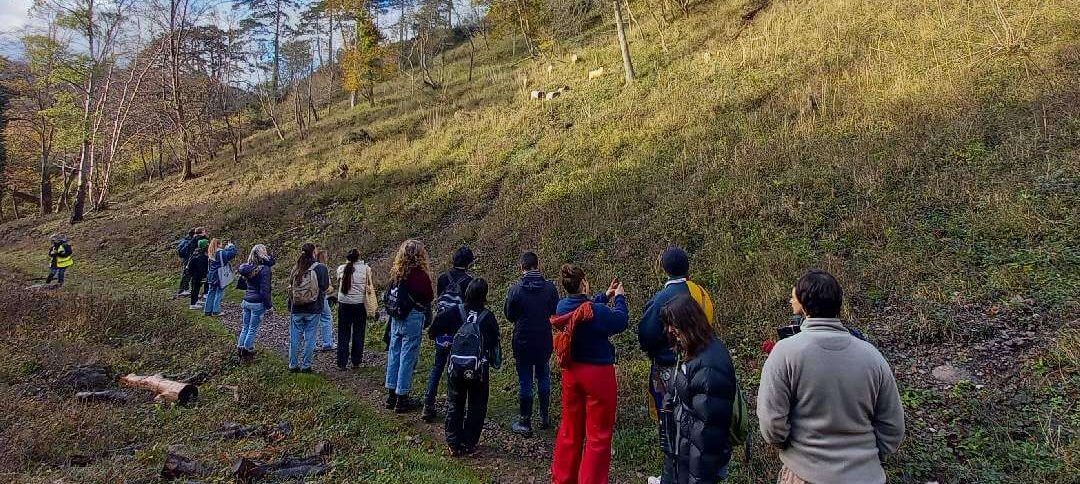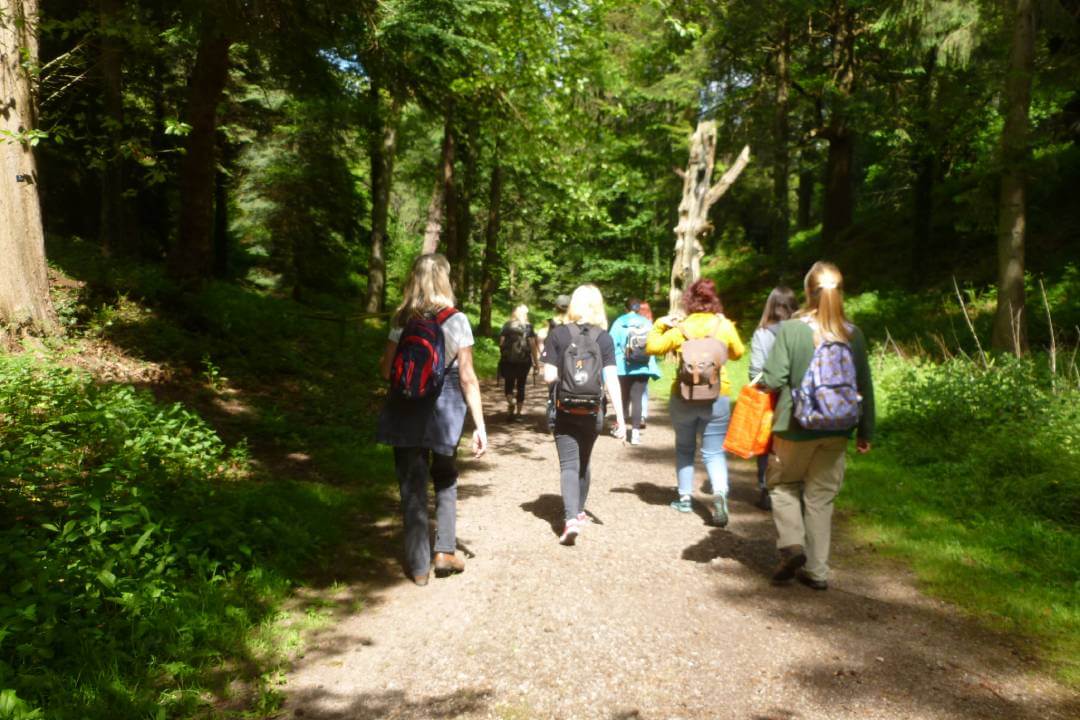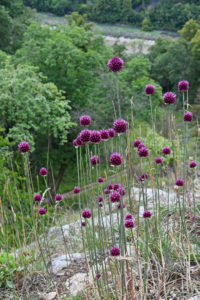Secondary
School Sessions on the Downs
Key Stage 3, 4 & 5
At Key Stage 3 the ecosystem is introduced and children begin to think about interdependence between organisms. We focus on pollinators and other invertebrates and their importance as part of the food web, as well as the transfer of energy through different trophic levels. Sampling strategies and data collection are introduced. At Key Stage 4 scientific data collection becomes key in order to test hypotheses – which is where field work comes in. We practice different sampling skills in a variety of mesohabitats, learning how to identify organisms accurately, be objective in our data collection and present our results.
At A level and T level we look at why we might sample, what our hypothesis is, what techniques we use for biotic and abiotic data collection and why different statistical tests are used. When we’ve established these we head out to carry out our fieldwork and bring our data back for some statistical analysis and graphical representation.
Years 8, 9 Ecology focus

An introduction to the concept of ecosystems, interdependence and scientific analysis
- Understand the transfer of energy through different trophic levels
- Understand the need for scientific investigations in ecology and data collection
- Understand the need for specific sampling strategies to ensure accurate, unbiased data
- Carry out appropriate fieldwork to time of year
- Carry out appropriate fieldwork for different investigations
Suitable for: 8, 9
Half day / Full day
Years 10, 11 GCSE or equivalent

An introduction to different sampling techniques within a context
- Understand the context of scientific investigations in ecology
- Be able to consider risk management and ethics relating to field work
- Understand the need for specific sampling strategies to ensure accurate, unbiased data
- Be able to select a sampling strategy related to a particular investigation
- Carry out appropriate fieldwork to time of year
- Carry out appropriate fieldwork for different investigations
- Understand how to record data for plants and animals as appropriate
- Identify the dependent and independent, biotic and abiotic variables
Suitable for: Years 10, 11
Half / full day
Years 12 and 13 A level or equivalent

A contextualised investigation using sampling strategies and data collection through fieldwork with analysis
- Be able to consider risk management and ethics relating to field work
- Develop scientific questioning and introduce hypotheses
- Understand the need for specific sampling strategies to ensure accurate, unbiased data
- Be able to select a sampling strategy and consider techniques for different investigations
- Carry out appropriate fieldwork to time of year
- Carry out appropriate fieldwork for different investigations
- Understand how to record data for plants and animals as appropriate
- Identify the appropriate statistical test for data analysis
- Recognise limitations of various techniques and equipment
- Be able to recognise and assess common H&S issues for a risk assessment
- Identify the dependent and independent, biotic and abiotic variables
Suitable for: Years 12, 13
Half day (fieldwork) / Full day (with stats)
Health & Safety Considerations
We carry out risk assessments for all sessions that we run.
We are trained first aiders.
For further information and to book a session, contact us at:
Anna Stevens
Avon Gorge and Downs Biodiversity Engagement and Learning Manager
E: avongorgewildlife@bzsociety.org.uk
Conservation Education Centre, Bristol Zoo Gardens,
Clifton, Bristol, BS8 3HA
T: 0117 903 0609
Why not combine your trip to the Downs with a visit to the Clifton Suspension Bridge?
Learn about wildlife and habitats in the morning, have a picnic lunch and then visit the Suspension Bridge in the afternoon.
All photographs © Avon Gorge & Downs Wildlife Project.



